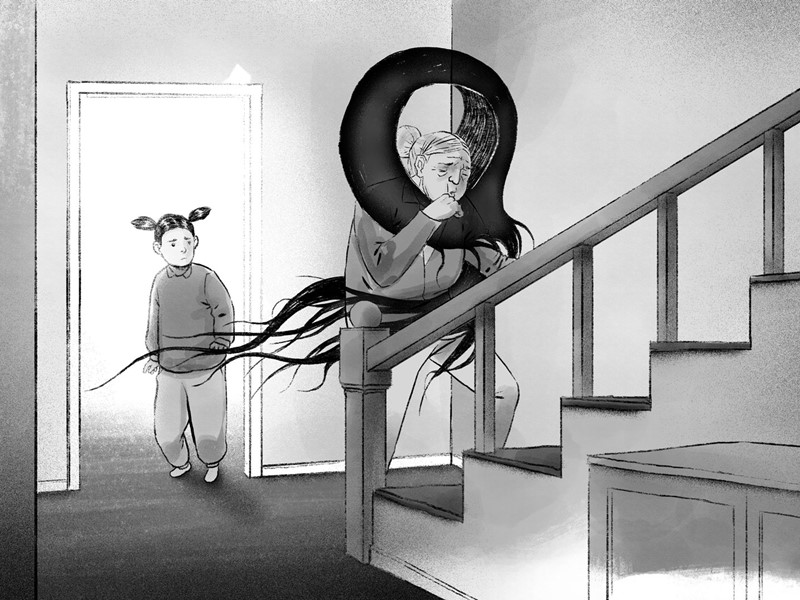This No Smoking Day Sheffield is focusing on preventing the sale of illicit tobacco products and helping people quit for good. A new campaign launches today.
Smoking rates fall significantly in Sheffield

This positive news is welcome by all Smokefree Sheffield Partners across the city who are working to achieve a smokefree generation. Smokefree Sheffield, a three-year initiative is commissioned by Sheffield City Council as part of the current tobacco control strategy and aims to reduce the prevalence of smoking across the city.
These figures mean that Sheffield now falls below the national smoking prevalence level, which in 2018 was 14.4%. The downward trend in Sheffield supports the aim of achieving a Smokefree city.
Greg Fell, Director of Public Health at Sheffield City Council, said: "Looking back at the data since 2015 we seem to have significantly accelerated a downward trend. However this is a huge drop in one year alone and whilst we are pleased to see the smoking rates coming down in Sheffield it is a big shift, so we are being slightly cautious about over interpreting the data and we recognise we still have a lot of work to do to achieve our goal."
Councillor Mary Lea, Cabinet Member for Culture, Parks and Leisure at Sheffield City Council said: "In Sheffield we have worked hard over many years to address the issue of smoking and we have worked equally hard to sustain the £1m investment in tobacco control. From October 2017 we have delivered a comprehensive programme in line with the World Health Organisation’s evidence.
"We believe we have the balance of interventions, services and policy in place to tackle smoking at both an individual and population level. Our harm reduction approach in the city encourages those who can’t or don’t want to stop smoking to switch to vaping – and many people have. We have strong engagement from a range of city partners all working collectively to combat tobacco addiction. We believe all of this underpins our local achievements and this is why we are seeing more and more people quit tobacco each year in our city."
National and international evidence strongly demonstrates that investment in comprehensive tobacco control will generate decline in smoking rates amongst populations. New York, California and Australia are great examples of this. Sheffield appears to be following this pattern.
Greg Fell said: "We will continue in our efforts and ambitions to achieve a smokefree generation in Sheffield by 2025. We will remain relentless in this, as we still have much to do. For example more funding and further policy measures are needed; the levy on the tobacco industry needs to be implemented in the UK.
"We need tobacco to become a licensed product and the age of sale to be increased to 21 and finally we need the industry to make sales and advertising data available to local authorities. The levy is particularly important given the cuts and lack of communication/marketing spend in England currently."
There is lots of help and support available in Sheffield for those who want to stop smoking. To find the right support for you visit www.smokefreesheffield.org/partners.
For more information, visit the Smokefree Sheffield website at www.smokefreesheffield.org.



